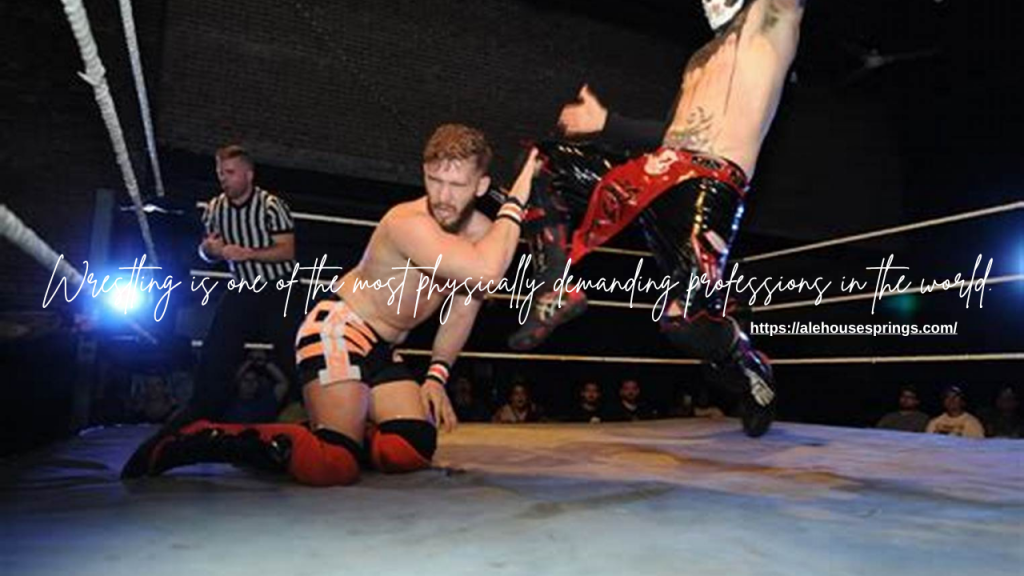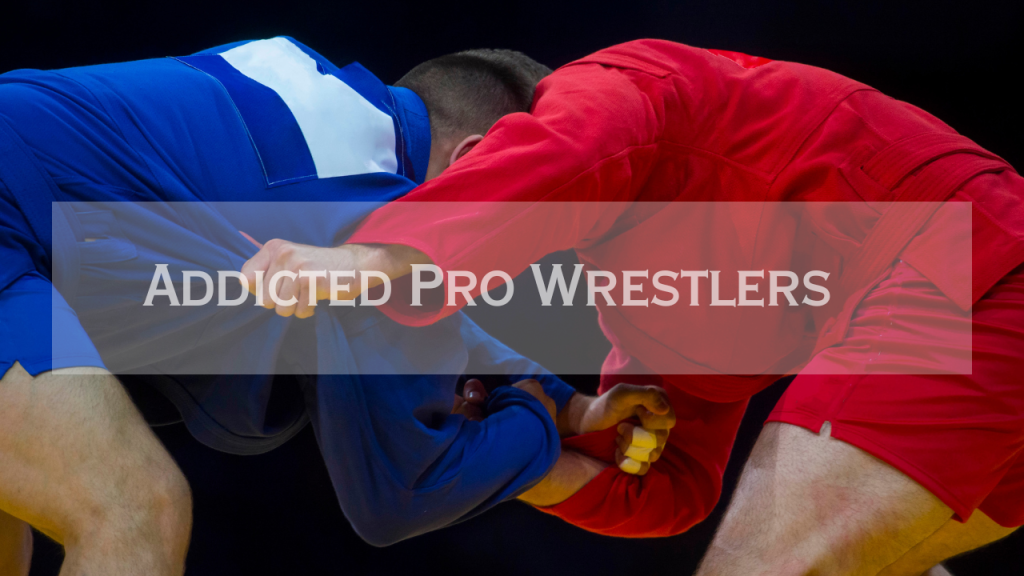
The world of professional wrestling is full of grit, spectacle, and theatrical triumphs. Wrestlers are celebrated as modern gladiators—powerful, fearless, and indestructible. But behind the curtain, far from the ring lights and roaring fans, many of these athletes face a brutal, unscripted opponent: addiction. The journey to recovery for professional wrestlers is often far more punishing than anything they endure inside the squared circle.
Wrestling is one of the most physically demanding professions in the world. Night after night, performers subject their bodies to punishing routines, intense travel schedules, and little rest. Injuries are constant, yet the show must go on. In this high-stakes environment, painkillers, stimulants, and alcohol can become not only common but expected. What begins as a way to manage physical pain often becomes a way to escape emotional distress, loneliness, and mental exhaustion.
Unlike mainstream athletes who often have off-seasons and long recovery periods, wrestlers—especially in the independent circuit—are always on the move. For years, the industry culture offered little support for mental health or addiction issues. The tough-guy image wrestlers were expected to maintain left little room for vulnerability. Talking about pain or seeking help was viewed as weakness, which only pushed many further into dangerous habits.
The toll of addiction on professional wrestling is undeniable. The industry has lost countless performers far too early due to substance abuse—names like Eddie Guerrero, Umaga, and Test remain stark reminders of how devastating addiction can be. Some died during their peak, while others faded away slowly under the weight of their personal struggles.
But over time, the wrestling community has started to shift. More wrestlers are speaking out about their addiction battles, breaking the silence and challenging outdated norms. Recovery, once a hidden or taboo subject, is now seen as an act of courage. Wrestlers like Jake “The Snake” Roberts, Matt Hardy, and Road Dogg have all publicly shared their journeys to sobriety. These stories, raw and powerful, serve as inspiration to others still trapped in the cycle of addiction.
Wrestling promotions have taken steps to support recovery efforts. WWE’s Wellness Policy, introduced in 2006, offers drug testing, rehabilitation, and counseling services for current and even former talent. AEW and other promotions have followed suit with mental health initiatives and access to treatment. However, critics argue that enforcement and consistency remain issues, and many independent wrestlers still lack access to these crucial resources.
The path to recovery in professional wrestling isn’t just about detoxing from substances—it’s about unlearning a lifestyle. Wrestlers in recovery often need to rebuild not just their health but their identity, relationships, and careers. Support from peers, therapy, and a structured environment can make all the difference.
In a world where victory is usually scripted, the fight for recovery is all too real. It takes more than strength and stamina—it demands honesty, vulnerability, and relentless perseverance. For professional wrestlers, winning this battle means stepping out of the spotlight and confronting their pain head-on. In the truest sense, it’s a no-holds-barred fight—and one worth everything.Tools

Leave a Reply